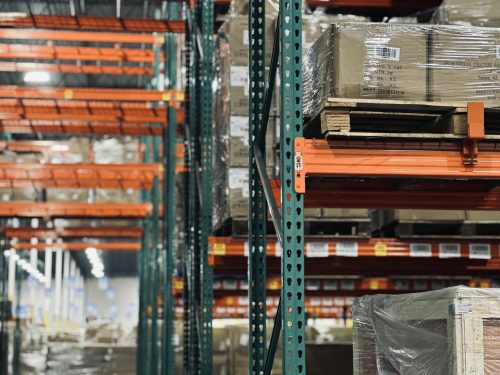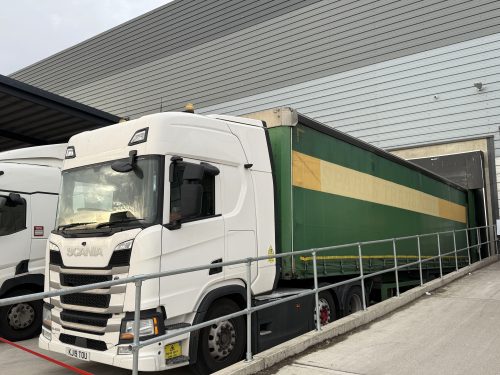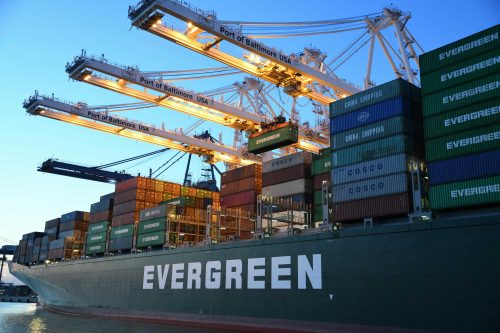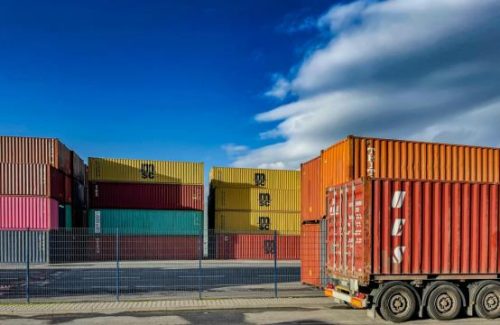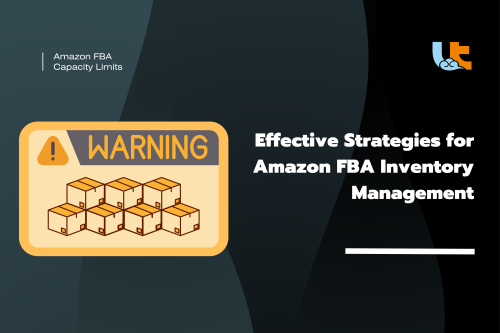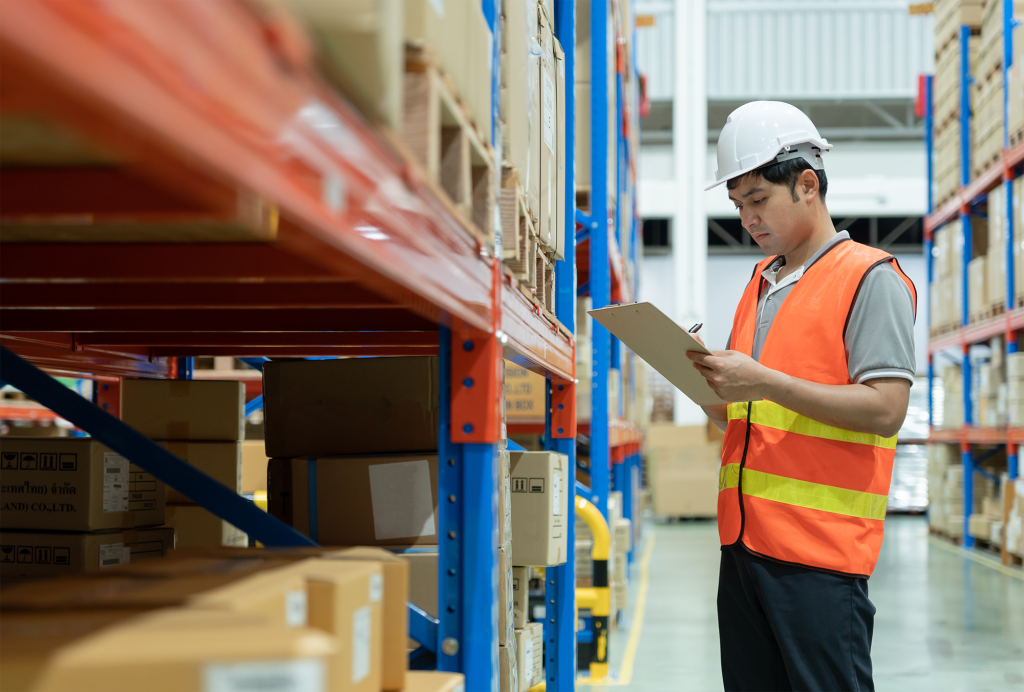
Did you know that running a successful budget in e-commerce is always very difficult for a business because he always has uncertainties that lead to overspending, a stressed supply chain, and strained transportation resources, which further increases the cost of transportation.
What are Logistics Costs
Logistics costs are the expenses associated with the transportation, storage, and distribution of goods.
Key Components of Logistics Costs
Logistics costs encompass all expenses associated with the movement and storage of goods from origin to destination.
1. Transportation Costs
Transportation costs involve all expenses related to moving goods from one location to another. This includes freight charges for shipping via road, rail, air, or sea. Fuel costs are significant and can fluctuate based on market conditions. Vehicle maintenance ensures transport vehicles remain operational, while driver wages cover salaries and benefits for transport staff. Additionally, tolls and taxes may apply for using specific roads or entering certain regions.
2. Warehousing Costs
Warehousing costs are associated with storing goods until they are needed. These include rent or lease payments for warehouse space and utilities such as electricity and water. Labor costs cover wages for warehouse staff who manage inventory and operations. Security expenses ensure inventory protection through systems and personnel. Equipment costs involve the purchase and upkeep of machinery like forklifts and shelving.
3. Inventory Management Costs
Inventory management costs relate to maintaining optimal stock levels. This includes expenses for inventory management software that tracks stock levels and stock audits to ensure accuracy. Carrying costs are incurred from holding inventory, including capital costs and insurance. Shrinkage accounts for losses due to theft, damage, or obsolescence.
4. Packaging and Handling Costs
These costs involve preparing goods for storage and transportation. Packaging materials include boxes, pallets, and cushioning to protect products. Labor costs cover wages for workers involved in packing and handling goods. Equipment expenses relate to machinery used in packaging processes, such as sealers or conveyors.
5. Administrative Costs
Administrative costs are overheads related to logistics management and coordination. Salaries cover wages for logistics managers and administrative staff. Logistics software expenses involve systems that plan routes, track shipments, and manage orders. Office supplies are general expenses related to logistics operations, while training costs ensure staff are up-to-date with new systems or compliance requirements.
Are Your Logistics Costing You Too Much?
Excessive logistics costs may affect the profitability and operational efficiency of a business.
Benchmarking
Compare your logistics costs with industry standards or competitors. This helps identify areas where your expenses may be higher than average and highlights potential inefficiencies.
Efficiency
Evaluate the efficiency of your supply chain processes. Look for bottlenecks or redundancies that could be streamlined to save time and reduce costs. Consider process improvements and lean management techniques.
Technology Utilization
Assess whether you are leveraging technology effectively. Use software to optimize routes, track inventory in real-time, and automate processes. This can reduce manual errors and improve overall efficiency.
Supplier Negotiations
Review contracts with suppliers to ensure you’re getting the best rates for transportation and warehousing. Regularly renegotiate terms to take advantage of better deals or services.
Sustainability Practices
Implement sustainable practices to reduce costs over time. This includes optimizing packaging, reducing waste, and improving energy efficiency, which can also enhance your brand’s reputation.
By monitoring these factors, businesses can identify opportunities to reduce logistics costs and improve profitability.
How 3PL Controls Logistics Costs
Great companies often rely on third-party logistics (3PL) providers to optimize supply chain operations and reduce costs. Because 3PLs are more specialized in controlling logistics expenses, they allow companies to focus more on their own business.
Economies of Scale
3PL providers handle large volumes of shipments, allowing them to negotiate better rates with carriers. This bulk purchasing power can lead to reduced transportation and shipping costs for your business.
Advanced Technology
3PLs use sophisticated logistics software to optimize routes, track shipments in real-time, and manage inventory efficiently. This technology minimizes errors, reduces delays, and improves overall supply chain efficiency.
Expertise and Experience
With extensive industry knowledge, 3PLs can identify inefficiencies and implement best practices. They provide insights into optimizing processes, reducing waste, and improving supply chain performance.
Flexible Warehousing
3PLs offer scalable storage solutions that adjust to your business needs, helping you avoid overpaying for unused space. They can provide climate-controlled environments for specific products, ensuring optimal storage conditions.
Improved Inventory Management
By using advanced inventory systems, 3PLs help maintain optimal stock levels, reducing carrying costs associated with overstock or stockouts. Automated reordering systems ensure continuous product availability.
Streamlined Operations
3PLs streamline logistics operations by handling order fulfillment, packaging, and returns management. This reduces the need for in-house resources and labor, lowering operational costs.
Risk Management
By outsourcing logistics to a 3PL, businesses can mitigate risks associated with transportation disruptions, regulatory compliance, and fluctuating demand. This leads to more stable and predictable logistics expenses.
Hidden logistics costs can eat up the profits of your business, and it is very important to keep logistics costs under control, so if you are looking to reduce your logistics costs, check out Linktrans.
Linktrans has a large logistics network of centers in the U.S. that can meet your transportation requirements, reduce logistics costs, and increase your profit margins.


